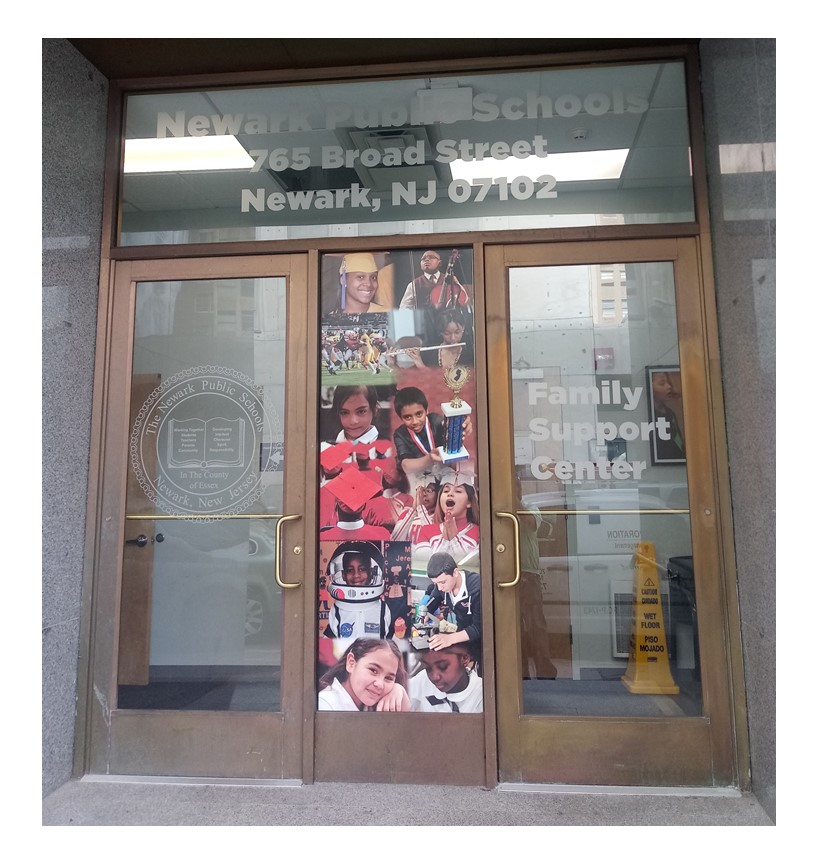BY WALTER ELLIOTT
NEWARK – Those involved in advocating teenager voter turnout in Newark’s April 15 Board of Education Elections have been weighing the value and meaning of “67.”
“67,” to some, may have some unpleasant or pleasant memories. July 1967 was when the Newark Riots or Rebellion or Uprising happened. The Expo 67 Montreal World’s Fair, by contrast, was held April-October that year.
“67” here, however, were ballots cast by registered 16- and 17- year-olds for the first time in a New Jersey April board of education election. That 67 comes out to almost 3.6 percent of 1,771 who filled out voter application forms before the March 24 registration deadline.
That 67 figure further pales when county election officials, educators and advocates were projecting a pool of 7,257 Newark high school sophomores and juniors to register from. Newark Public Schools Superintendent, in mid-March, had hoped to reach a 3,000-student registration goal.
Advocates for teenager voter suffrage had two reasons for increasing their participation. One reason is that their numbers would boost the percentage of April school board election participants.
They inched the April 15 needle slightly ahead of their adult voters.
Only 4,515 ballots were cast, according to Essex County Clerk-Elections Division counts, from a pool of 142,806 overall registered city voters. The figure comes out to a participation rate of 3.2 percent.
The average April school board election rate for Newark and Irvington – they are the only annual “Local Talk” elections that month – average 3.62 percent post-COVID pandemic. That figure averaged 4.62 for both towns 2017-19. (The 2020 April school board and may municipal nonpartisan elections were combined that year.)
Advocates, including Vote16NJ and Gov. Phil Murphy (D-Rumson) added that earlier suffrage would encourage greater civic participation – and that it will take time.
“The turnout was low but, for younger people, it was higher than for adults,” said Henai Patel, New Jersey Institute of Social Justice’s law and policy director. “They’re going to become lifelong voters, especially in local races which always have the worst turnout. We hope and anticipate that it will grow in the years to come.”
“Taking time” may have an example with the 2020-24 development of voting by mail.
There may also be the matter of learning by example, where teens may currently think that non-Presidential year elections may not matter more than those in 2028 and other Presidential election years. “If it’s not a big deal to them, then why should it be a big deal to me?”


